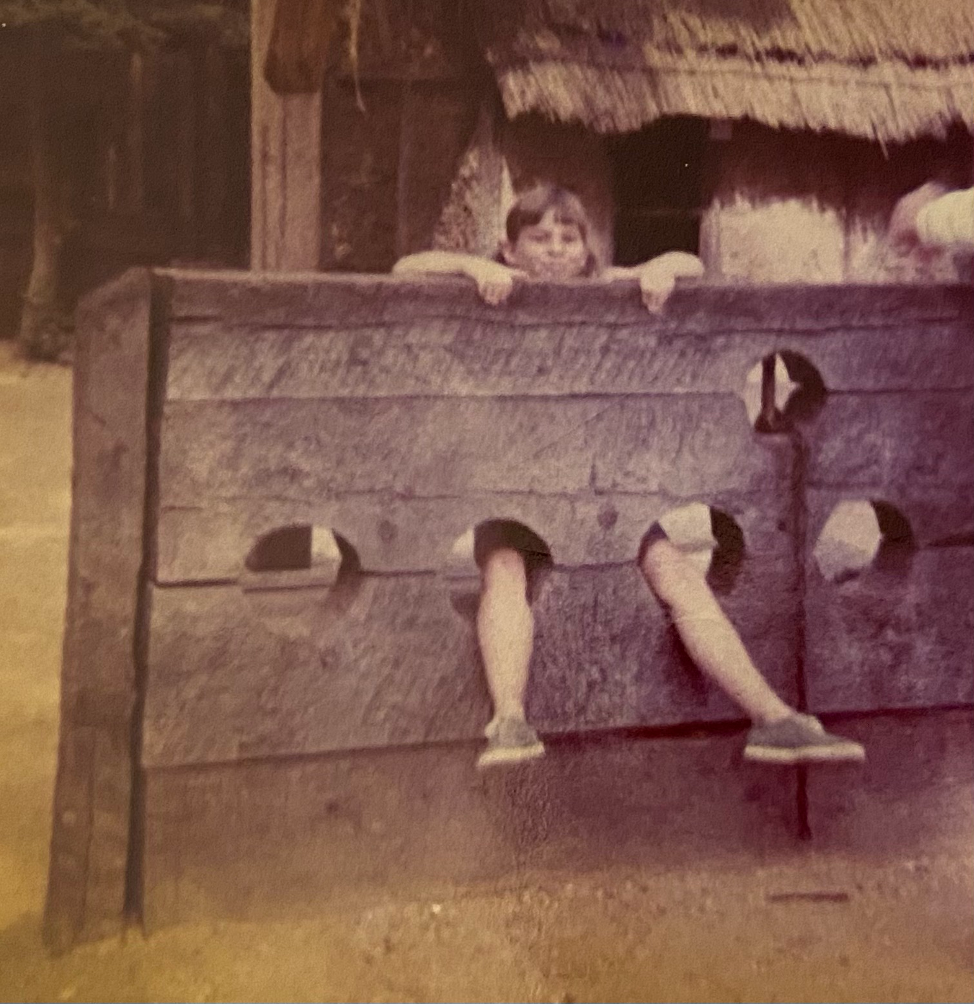When I started researching my novel, The Isle of Devils, only two women were mentioned by name on the manifest of the Sea Venture: Mistress Horton, no first name, and her maid, Elizabeth Persons. Elizabeth is afforded a tad more ink because she married Thomas Powell, Admiral Somers’s cook. Let’s be honest: if he hadn’t been the Admiral’s cook and they hadn’t gotten married on a deserted island, they’d be lost to history too. But this makes my point: women weren’t identified as persons with their own agency. Mistress Horton is NOT traveling with a spouse, but clearly had money as she was taking her servant. Elizabeth is given a first name, but probably because she married the Admiral’s cook, not because she was deemed worthy enough on her own. And let’s not forget, these women were stranded on a deserted island, with the same risks as their male counterparts plus the risks associated with gender.
Side note: There were two other women mentioned in Strachey’s book, not the manifest. These two women were married and gave birth while on the island. Both infants died, and one woman, possibly, never made it to Virginia. Why don’t we know for sure? Because after the birth, there is no mention of her again. OH! But her husband is mentioned…he went on to marry Pocahontas.
These women deserve to be protagonists. They did, after all, survive a shipwreck and sail to Jamestown in what, arguably, saved the fort for the English. I never thought I would write about pre-Colonial or Colonial Virginia, but once I discovered the story of the Sea Venture, the saga of the Third Supply, and these intrepid women, I had to write for them. Why? For whom?
The second part of this explanation is from my personal experience. I want you to look at the picture included with this response. What do you see? That’s easy: a girl in a stockade. How would you describe the girl’s expression? A little tougher, but clearly defiant, smug even. How do I know? Because that girl is 8-year-old me. Let me explain.
When I was growing up, my family made numerous visits to Jamestown. I never wanted to go and the reason is simple: at Jamestown my brother had all the fun; I was hot and bored. He got to take part in musket demonstrations and wear armor. The glamorous aspects of Colonial life. I was forced to watch a cooking demonstration and given a mob cap. Bleh! It was the 70s, and we didn’t have a say. We were whisked away to our gender appropriate areas, expected to get excited about history while learning through activities. Neither happened for me…then.

I ran from my family because I couldn’t take another cooking demonstration. My escape was a stockade. A stockade!! This picture was taken mere seconds before I was yanked out the back by my grandmother—apparently, I caused a scene. But for a brief moment, I had freedom. The stockade had provided a moment of freedom and excitement. Think about that for a second, how an object for punishment provided a sense of freedom to a young girl looking to escape what all the adults told her she should have enjoyed. Now think about the women who lived in this time period. What did they do to gain a sense of freedom and excitement? That’s the story. Not dates. Not events. The everyday lives of the people who lived in this frontier fort is the story…my story.
As a researcher and educator in the 20th/21st centuries, I know there’s more to the story. The girl in the picture didn’t know that. She just knew she wasn’t part of the demonstrations people came to see. She believed her story was boring and served as backdrop to the real events. The message: men make history. No—we all make history. It’s not just his-story, but also her-story, our-story, their-story, your-story…it’s everyone! And no one part is more valuable than another as they’re all necessary to understanding who we are now. I’m not rewriting history, I’m revisiting history. For that girl in the picture.
That girl in the picture matters, now more than ever. She didn’t know she had a voice and she’s not alone. There are millions of girls and women (and boys and men), of all races and creeds, who deserve to have—who need—historical narratives with female protagonists.

